Brand Stories
50 Four Points Flex Hotels by 2026
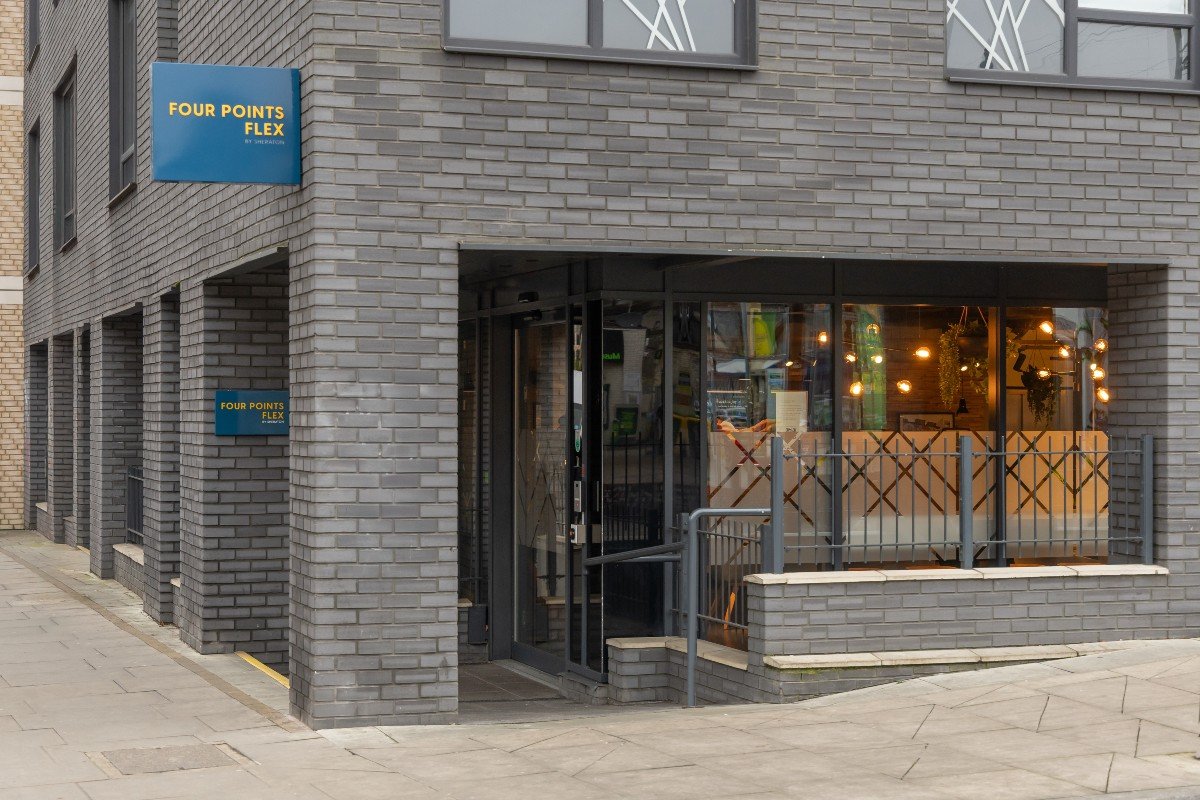
Marriott International aims to boost its appeal to Europe’s middle-class travelers, announcing on Tuesday plans to double its Four Points Flex by Sheraton brand to more than 50 properties by the end of 2026.
The midscale brand, which opened its first property just last year, has quickly grown to 25 hotels and has become Marriott’s fastest-growing brand in the region.
Why it Matters: Until the launch of Four Points Flex by Sheraton, Marriott mainly offered brands in Europe that were concentrated in upscale and luxury, leaving a noticeable gap for the significant market of middle-class travelers.
“Obviously we have a very large array of brands across the world, but we never really had a strong presence in midscale,” said Jerome Briet, chief development officer for EMEA.
The
Brand Stories
Trump unveils 'AI action plan' for US dominance in artificial intelligence race – San Mateo Daily Journal
Brand Stories
It’s hot budget summer for travel brands
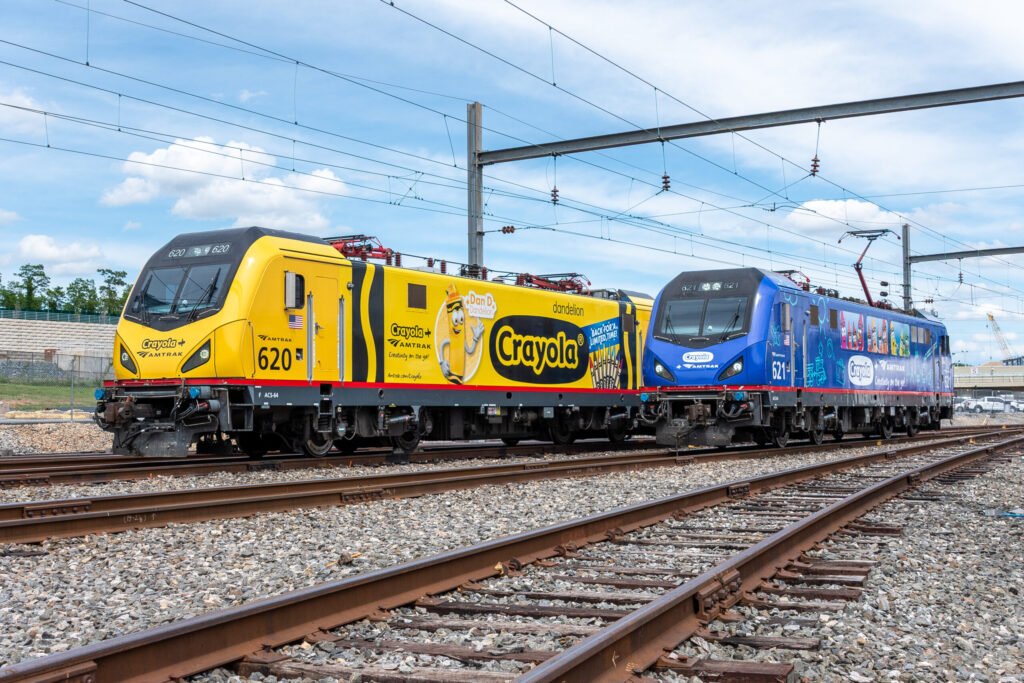
As the summer season heads into its second half, leading to the Labor Day holiday, U.S. consumers are eager to hit the road. But travelers are conscious of both costs and security, and the trends are reflected in the marketing efforts to reach them.
Americans are factoring in the economy when budgeting for travel, a recent Harris Poll found summer travelers are price conscious, increasingly choosing hotels and flights based on price, trading flying for driving and finding other ways to stretch their travel dollar.
“Value is a loaded word these days, across many categories,” said Geoffrey Director, EVP, Strategy of Manifest. The Chicago-based creative and content agency has worked with Alamo Rent A Car, Ritz-Carlton and other travel brands.
It’s not so much that consumers are pinching pennies, he said: “It’s that they want to make sure their purchases are worth it.”
A report from Deloitte was very direct in its advice: “Travel providers should plan to be nimble this summer,” the analysts recommended. “Timely and targeted deals and offers can help reach travelers at the right moment and attract any incremental dollars they may be willing to spend.”
Marketers are taking the advice. The vacation rental site VRBO added a Last Minute Deals function this summer that narrows down searches to properties offering deals and labels properties with a “Last minute” badge showing the amount travelers can save.
“Last Minute Deals give families a great way to save on summer vacation, while helping hosts keep their properties booked year-round,” said Larry Plawsky, General Manager at Vrbo, in a statement. “It’s a win-win.”
Still hitting the road
In spite of rising prices, the lure of the road hasn’t dimmed. A survey from Enterprise found about two thirds of Americans started the summer planning to travel at least 50 miles away from home. The car rental company launched its first global ad campaign on Memorial Day weekend, the typical start of the summer travel season.
Travel companies are leaning heavily on discounts to bring in families, which may put off big-ticket trips because of the economic uncertainty. Amtrak—which has been increasingly leveraging cost and safety issues to drive travelers to choose the rails over air travel—launched a partnership with Crayola this summer, targeting family travel. The effort includes children-travel-free offers, free admission for kids to The Crayola Experience and locomotives wrapped in Crayola livery.
“Between special savings and imaginative locomotive designs, we are excited to foster extraordinary journeys and inspire creativity across America,” said Jessica Davidson, Amtrak’s vice president of digital and brand marketing.
U.S. travelers are prioritizing domestic travel due to both budget and political concerns. A survey from U.S. News & World report found 72 percent of Americans have changed their travel plans because of rising prices, and 23% plan to travel domestically rather than internationally. Indeed, 47 percent of U.S. citizens are worried how they will be perceived when traveling abroad, according to the survey.
Premium travelers are not cancelling, but they are shopping around, said Savannah McGusion, Director Experience Strategy, at RAPP, which works on the American Express’ Travel & Leisure services line. She noted that Amex is reinforcing its value-driven messaging focusing on enhancements such as late checkout and room upgrades, rather than purely aspirational themes.
“Instead of changing destinations for economic reasons, (premium travelers) often take a hybrid luxury approach by adjusting their hotel selection, mixing premium and standard accommodations, or choosing different airfare classes within a single trip,” she said. “However, political factors are prompting more international cancellations, and we anticipate this trend will continue.”
Destination marketing organizations are taking advantage of the shift to homegrown destinations, said Manifest’s Director. The organizations are engaging in what he called “hyper-local storytelling,” focusing not only on the state or city, but down to individual neighborhoods, cultural moments, and local-owned businesses. They are relying on these efforts to counteract the loss of travelers from Canada or Mexico turned down by current political friction, he said, “betting this can help attract visitors but also extend the average trip duration.”
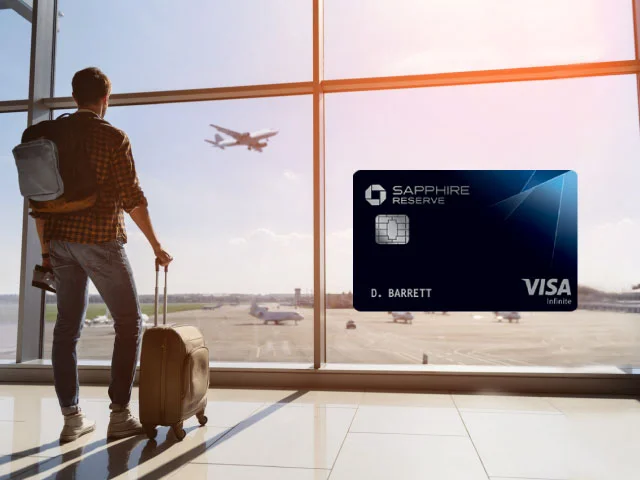
Personal passions vs. destinations
While relaxing and visiting with friends and family are still the top reasons for travel according to most surveys, tourists are also increasingly focused on experiences built around their interests—food and wine, sports, wellness or entertainment. One survey found 77% of travelers were planning trips around a destination’s food and restaurant choices. The poll from Chase Travel found 55% were eager to travel to Italy for pasta, and 45% were looking forward to going to France for the wine.
“At Chase Travel, we’re witnessing a growing demand for authentic, immersive experiences, whether it’s exploring a destination’s culinary scene, wellness offerings, or cultural events,” said chief marketing officer Wendy Vividor. “In response, we’ve been launching more Sapphire Reserve Trips designed by Chase Travel, crafted to create unforgettable journeys that align with our cardmembers’ passions.”
For example, she noted Chase recently offered a trip to London that included a private tour of the Victoria and Albert Museum and personal shopper service at Harrod’s department store. And it is offering a trip to Oaxaca in Mexico for the Day of the Dead celebration that focuses on dining experiences and cultural immersions.
“There is a clear shift toward travel centered on personal passions versus destination-driven,” said RAPP’s McGusion. As an example, she noted that Airbnb recently relaunched its Airbnb Experiences program, offering travelers authentic local activities.
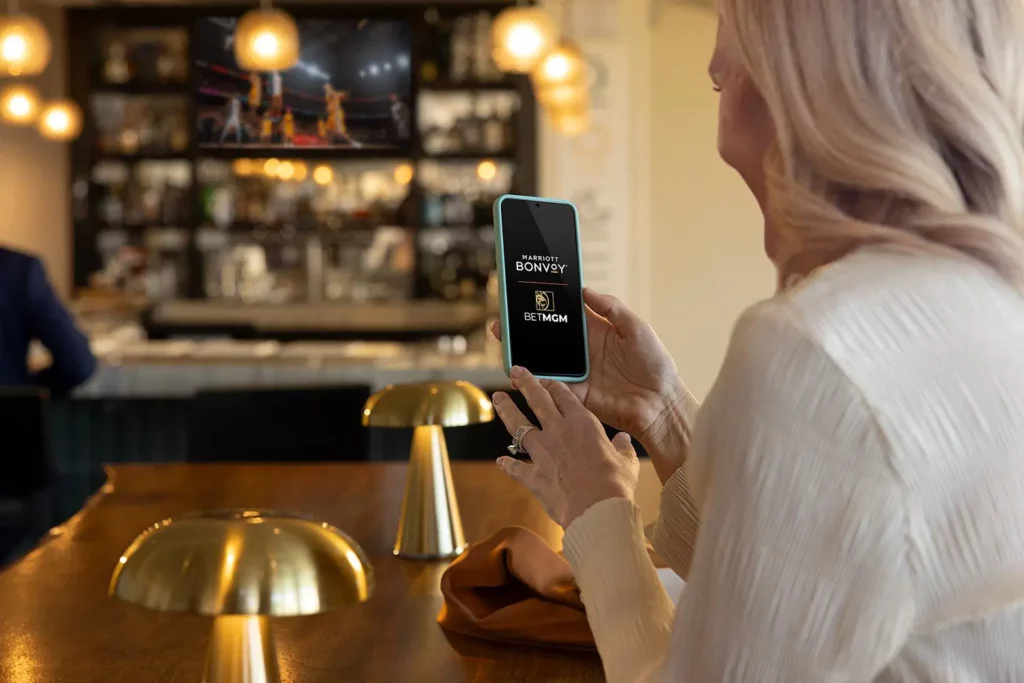
All sorts of interests are being targeted by travel brands. Marriott Bonvoy, the hotel company’s loyalty program, is partnering with BETMGM, the sports gaming arm of MGM Resorts, to launch a promotion centered on fantasy football. The effort includes a sweepstakes offering a fantasy football draft weekend in Las Vegas for the winner and 11 guests over Labor Day weekend, hosted by former pro quarterback Matt Ryan.
“BetMGM and Marriott Bonvoy are an unrivaled duo when it comes to delivering unique opportunities for sports fans,” said chief revenue officer Matt Prevost, in the announcement. “The Vegas Fantasy Draft with Matt Ryan is another example of how we are creating truly exceptional experiences for BetMGM players.”
Entertainment fans are also being targeted by destinations promoting their roles as backgrounds in popular TV shows and movies. For example, Discover Ireland, the Irish tourism arm, is pushing the locations of the Netflix series Wednesday to travelers in advance of the show’s second season premiere.
“Experiential add-ons aren’t just for luxury segments anymore,” said Manifest’s Director. Even as budget and mid-tier travelers shop around, “they still crave enriching moments,” he said. Brands are responding by offering bundles and tiers of experiences, more accessible wellness programming and forming partnerships with local creators to create more cost-effective offers, he said.
Research shows consumers want more out of travel than just to go somewhere different and relax, the Director said.
“Without a doubt,” he said. “While Americans are more comfort-driven than ever in their leisure time decision making, they also simply can’t sit still.”
Brand Stories
Rise of luxury travel… | Travolution
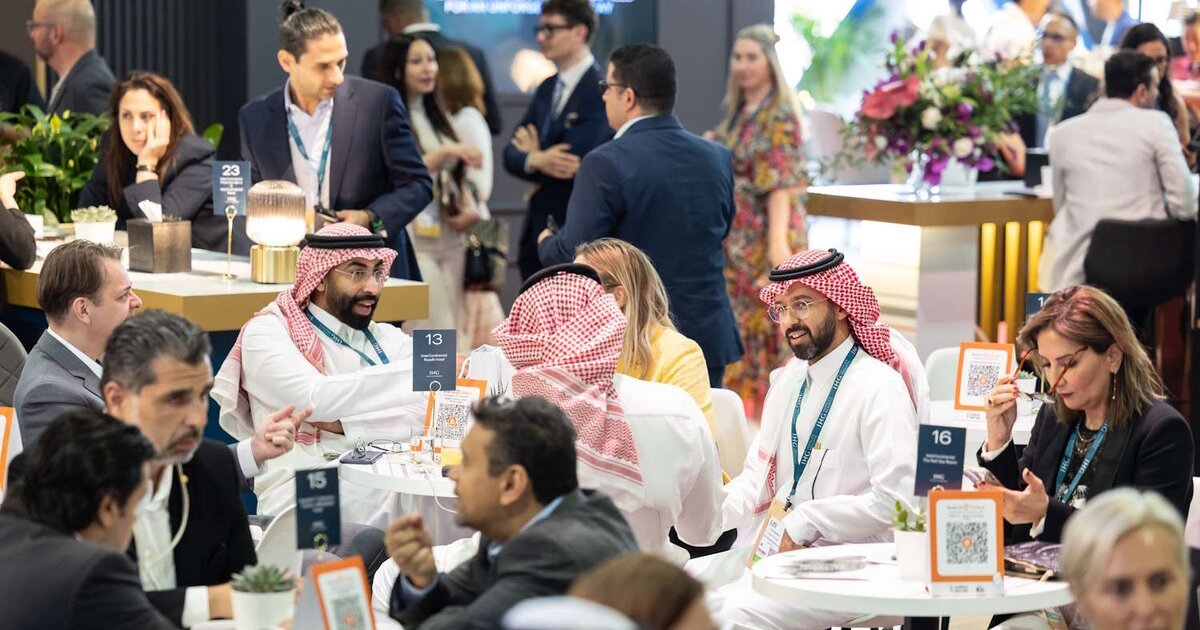
Personalisation is emerging as a growing trend in travel and tourism, particularly within the luxury segment, as travellers increasingly seek experiences tailored to their individual preferences and lifestyles.
At Arabian Travel Market (ATM) 2025, senior executives from leading hotel groups, including Minor Hotels, Fairmont and Marriott, examined the rising influence of ‘hyper-personalisation’, which moves away from one-size-fits-all services to offering bespoke guest experiences.
Leveraging tools such as AI-driven customisation and chatbots, as well as personalised welcome amenities and bespoke dining options, these brands are redefining the customer journey in the luxury travel segment, which is witnessing a continued surge worldwide.
According to the ATM Travel Trends Report 2025, developed by ATM in partnership with Tourism Economics, 85% of hoteliers now consider personalisation as a key driver of commercial value, with tailored experiences shown to generate additional revenue of up to 5%.
Furthermore, insights by market intelligence firm Future Market Insight Inc, has revealed the global customisation and personalisation in the travel market is expected to reach US$620.71 million by 2032.
Speaking during the panel, experts defined hyper-personalisation as providing individualised experiences that anticipate both expressed and unspoken guest needs.
While technology and Artificial Intelligence (AI) are instrumental in delivering customised offerings at scale, the panellists agreed that human connection remains essential for a truly personalised hospitality experience.
Nicolas Hauvespre, VP of luxury brands at MEA Marriott, said: “When it comes to hyper-personalisation, for many brands, this goes far beyond traditional service.
“It’s about creating something highly tailored and curated through leveraging technology and building on your culture, so you can develop that anticipatory service and meet both the explicit and unspoken needs of your guests.”
The panel, which also included Loay Nour, Vice President Fairmont Brand and Marketing Communications, and Amir Golbarg, Senior Vice President Minor Hotels, also discussed the importance of establishing an emotional connection, anticipating guest needs, and building this over time.
“Luxury is not one size fits all, it’s no longer about recognising someone by the name or knowing their preferences in their profile, because you need to understand that those consumers are not only hotel consumers, they are exposed into the ultra-level of personalisation from other brands and other industries that they work with, so they have a certain minimum of expectations,” Nour added.
In the Middle East and Africa, Marriott is embracing this shift while maintaining brand distinctiveness, expanding its luxury footprint with projects such as the Ritz-Carlton Reserve at Nujuma in Saudi Arabia’s Red Sea, which is rooted in immersive, cultural experiences. Upcoming openings elsewhere in the region include a portfolio of curated Ritz-Carlton safari lodges in eastern Africa, which will pioneer new destinations and provide guests with highly authentic experiences.
Meanwhile, owner-led hospitality companies, such as Minor Hotels, are using their lean structures to pilot new concepts in-house before rolling them out globally. This operational flexibility has enabled the company to invest in curated, experience-driven offerings that prioritise quality over quantity.
Commenting on these insights, Danielle Curtis, Exhibition Director ME, Arabian Travel Market, said: “As luxury travel evolves, so too does the definition of what it means to deliver highly personalised experiences.
“Today’s travellers are looking for more than exceptional service; they expect tailored journeys that reflect who they are and what they value.”
Luxury travel will be under the spotlight at Arabian Travel Market 2026, which will be held from May 4-7 at the Dubai World Trade Centre.
-

 Brand Stories4 days ago
Brand Stories4 days agoBloom Hotels: A Modern Vision of Hospitality Redefining Travel
-

 Destinations & Things To Do4 days ago
Destinations & Things To Do4 days agoUntouched Destinations: Stunning Hidden Gems You Must Visit
-

 AI in Travel4 days ago
AI in Travel4 days agoAI Travel Revolution: Must-Have Guide to the Best Experience
-

 Brand Stories3 weeks ago
Brand Stories3 weeks agoVoice AI Startup ElevenLabs Plans to Add Hubs Around the World
-

 Brand Stories2 weeks ago
Brand Stories2 weeks agoHow Elon Musk’s rogue Grok chatbot became a cautionary AI tale
-

 Asia Travel Pulse3 weeks ago
Asia Travel Pulse3 weeks agoLooking For Adventure In Asia? Here Are 7 Epic Destinations You Need To Experience At Least Once – Zee News
-

 AI in Travel3 weeks ago
AI in Travel3 weeks ago‘Will AI take my job?’ A trip to a Beijing fortune-telling bar to see what lies ahead | China
-

 Brand Stories3 weeks ago
Brand Stories3 weeks agoChatGPT — the last of the great romantics
-

 Brand Stories2 weeks ago
Brand Stories2 weeks agoHumans must remain at the heart of the AI story
-

 The Travel Revolution of Our Era2 months ago
The Travel Revolution of Our Era2 months agoCheQin.ai Redefines Hotel Booking with Zero-Commission Model













